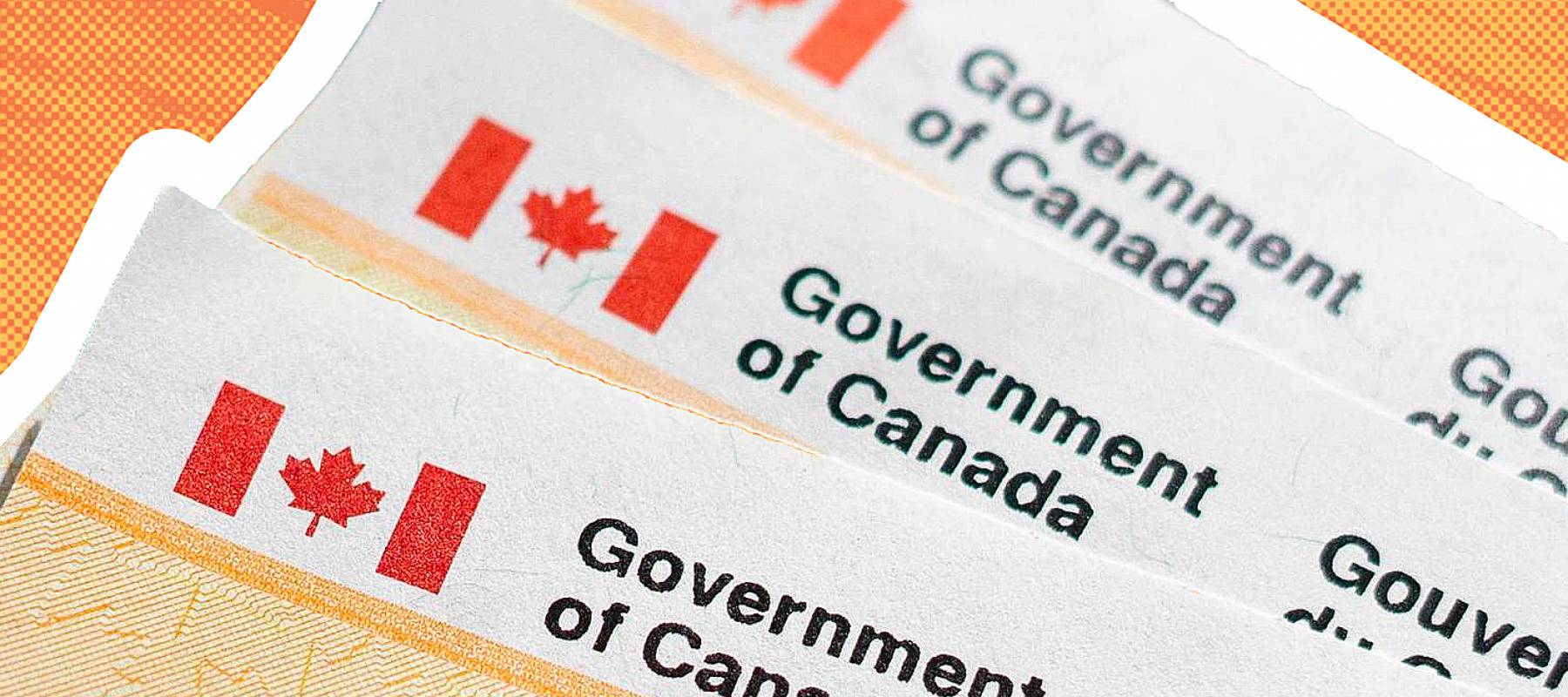What is a TFSA?

A TFSA can be opened by anyone who is 18 years old and has a social insurance number.
You can invest the money you put inside a TFSA in everything from savings accounts and GICs to mutual funds, and individual stocks and bonds.
TFSA contributions are made with money on which you’ve already paid tax. In that sense, they’re the opposite of RRSP contributions, because you don’t get to deduct the contribution value on your tax return.
One great thing about a TFSA is that you won’t be taxed on gains you’ve made in the account when you make withdrawals. Again, very different from how the RRSP works; more on that later.
While there’s a limit on how much you can put into a TFSA in any given year, when you take funds out of a TFSA, you have the option to replace them down the line without losing contribution room.
Empower your investments with Qtrade
Discover Qtrade's award-winning platform and take control of your financial future. With user-friendly tools, expert insights, and low fees, investing has never been easier.
Start Trading TodayIs the RRSP more popular in Canada?

The RRSP has served as a staple of Canadians’ retirement savings for decades.
The fact that RRSP contributions aren’t taxable incentivizes people to top-up their accounts every year: The more money you put into your RRSP, the less tax you’ll pay in that year.
When Canadians who have RRSPs stop working, they convert them into registered retirement income funds (RRIFs) and start drawing an income. By law, a RRIF conversion must take place by the time an account holder turns 71.
Those withdrawals are income in the eyes of the Canada Revenue Agency, so they’re taxed. But since the average Canadian retiree is in a lower tax bracket than they were while working, they’ll pay less tax on the RRIF income.
That’s why RRSPs are great for people in their peak earning years. They allow you to defer tax while you're in a higher bracket, so if you’re in a lower bracket by the time you withdraw, it’s a win-win.
The downside is that if you withdraw from an RRSP before retiring, you usually have to pay a withholding-tax penalty – which is why most people only make early withdrawals from RRSPs as a last resort.
What if my tax bracket doesn’t change?

If your tax rate will be the same now and in retirement, the amount of after-tax cash you could accumulate over time with an RRSP or TFSA is identical, writes Jamie Golombek, a Managing Director at CIBC Private Wealth Management.
“The tax that you don’t pay on the funds you contribute to an RRSP is merely being deferred to a later point in time when you ultimately pay tax,” he writes.
But the value of your actual nest egg would stay the same regardless of whether you put it in an RRSP or a TFSA. The difference lies in whether you want to pay the tax now or later.
Unexpected vet bills don’t have to break the bank
Life with pets is unpredictable, but there are ways to prepare for the unexpected.
Fetch Insurance offers coverage for treatment of accidents, illnesses, prescriptions drugs, emergency care and more.
Plus, their optional wellness plan covers things like routine vet trips, grooming and training costs, if you want to give your pet the all-star treatment while you protect your bank account.
Get A QuoteTFSAs could be a better choice for millennials

But what if you’re earning less now than you will when you expect to retire?
Golombek writes that a TFSA would provide more after-tax cash if your tax rate is lower when you make a contribution, and higher when you start to withdraw.
That’s why putting cash into a TFSA may be more beneficial for Canadians in their 20s and 30s, who likely haven’t hit their peak earning years.
“I'd agree that a TFSA is a better choice than an RRSP for an average millennial, provided they use it for the long term,” says Jonathan Farrar, an associate professor in Wilfrid Laurier University’s Department of Accounting.
Farrar says the TFSA is also better than an RRSP (or RRIF) for a person’s heirs.
A TFSA is not taxed at death, whereas 100% of the fair market value of an RRSP or RRIF is taxed as pension income on the final tax return of the last surviving account holder.
“Even worse, the deceased taxpayer may be in a relatively high tax bracket at death as a result of having to include the RRSP/RRIF fair market value in their income,” says Farrar. “[That] means the tax rate could be higher than when they made their initial RRSP contributions.”
TFSAs may also be a better option for people who haven't had high-paying jobs throughout their careers.
One study by the CD Howe Institute found that “for many lower-income Canadians, RRSPs are a terrible investment.” Why? Because many government benefits, credits and programs are based on net income and are substantially reduced as your income gets higher.
Since TFSA withdrawals are not considered to be income, they don’t have an impact on income-tested benefits.
And, another CD Howe study suggests many people with limited funds may be better off saving in TFSAs than RRSPs.
Make the right choice for your situation

Ideally, Canadians with the means to do so should max out both their TFSAs and RRSPs.
While the TFSA’s advantages are apparent, the RRSP still holds attractive benefits. For example, the RRSP’s hefty pre-retirement withdrawal penalty creates a deterrent against prematurely spending retirement savings.
“The TFSA has no withholding tax, so there is not the same barrier to withdrawal,” says Farrar. “That may make it less likely that people will save for retirement in their TFSA.”
But the RRSP still can’t match the TFSA’s flexibility, since TFSA funds can be withdrawn at any time.
Of course, there is no single ideal solution for every Canadian. But for young people who aren’t close to their maximum incomes, investing money into a TFSA may be the smarter choice.
Trade Smarter, Today
Build your own investment portfolio with the CIBC Investor's Edge online and mobile trading platform and enjoy low commissions. Get 100 free trades and $200 or more cash back until March 31, 2025.









